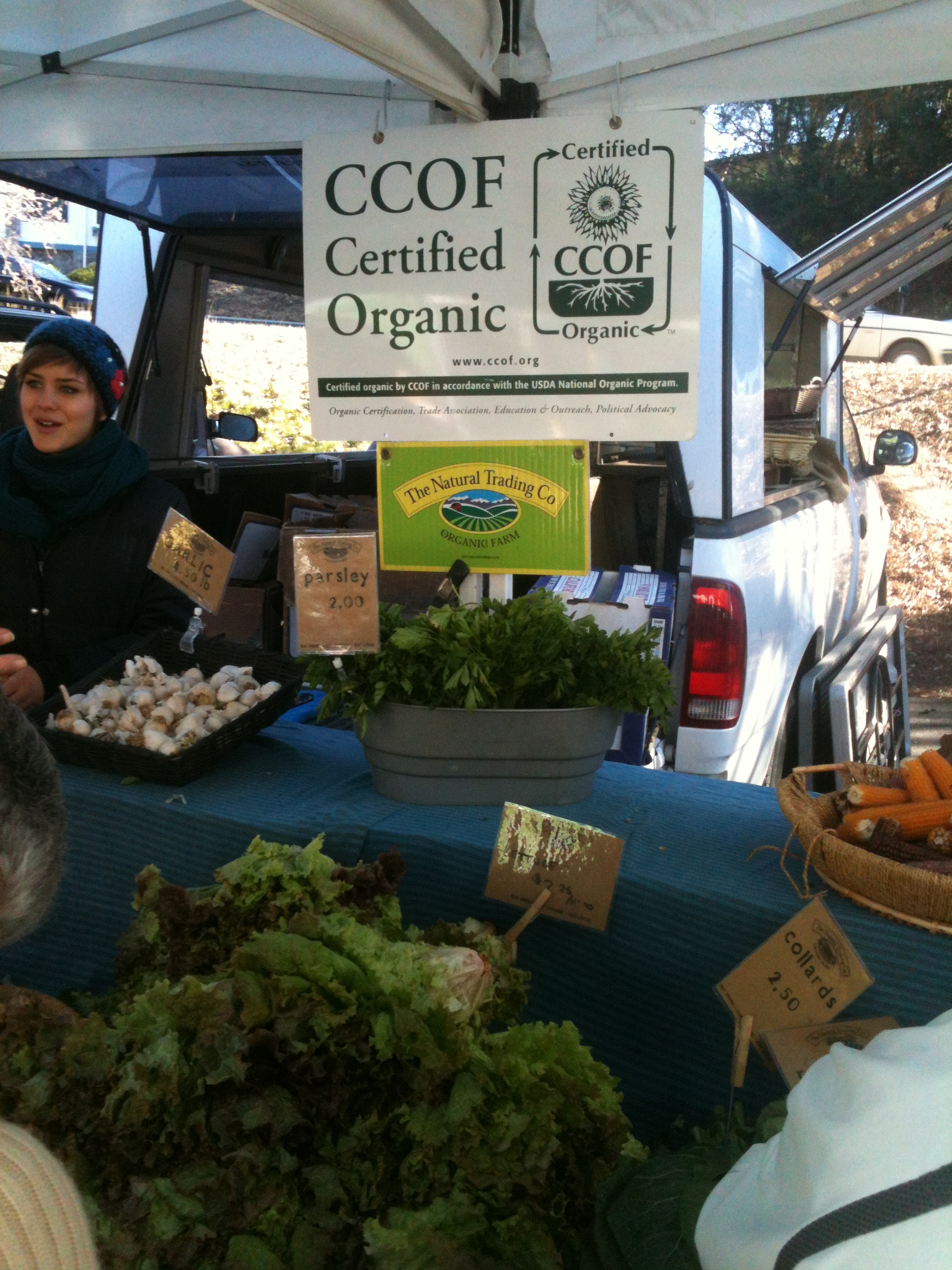What's in Season?
Kale, rutabaga, carrots, radishes, butternut squash, broccoli…check out what is in season and available at a Certified Farmers Market. Pictures are from last Saturday Farmers Market in Auburn. Check out more yummy foods in season on Facebook
What makes a Farmer’s Market Certified?
A certified famers market assures the public the farmer is selling product he/she has grown or raised. Some growers at a Certified Farmers Market are CCOF (California Certified Organic Farmer) and some growers are not certified organic.
Ask the farmer what practices they use or what inputs are applied to grow their product. Many uncertified farmers practice organic farming.
What does organic mean?
- Legally defined by the USDA, applied to commercial productions: National Organic Program (NOP)
- No synthetic materials are applied to meet the plants needs
- Minimize impacts on the environment: water, soil, air, wildlife, human health
- Reduce dependence on non-renewable resources
- Organic practices include:
Soil Management: applying soil amendments such as manures (animal & green), meals, minerals, compost, cover crops and practicing crop rotation
Pest Management: Plant biodiversity, creating a natural enemy habitat promoting biological control in combination with cultural, physical and mechanical controls. No synthetics are applied.
Some “Points to Consider” and benefits shopping at local Certified Farmers Markets include:
- Access to fresh, healthy food. Farmers Markets let consumers buy just picked, locally grown/raised products. Eating locally means eating what is in season. Nutrients are at their peak. And, fresh food is delicious!
- Safer food supply. Consumers can meet the farmers and ask how the food was grown, what chemicals, if any, were used, developing a sense of confidence in the farmer and the foods they’ll be feeding their families. Also, fewer hands are in contact with food; from the farmer’s hands to yours.
- Reduces fuel consumption. Most grocery store produce has travel hundreds of miles before being placed on the display shelf. Grocery store produce has to be picked, then stored for shipment, shipped again and stored again before arriving at the grocery store.
- Farmland protection. Being able to sell directly to the consumer keeps farms economically viable and strong, and preserves farmland for this generation and potentially future generations as well. Sadly, farmers unable to support their families are forced to sell to developers; orchards and gardens are replaced with streets and buildings.
More information about the National Organic Program (NOP), California Certified Organic Farmers (CCOF), Certified Farmers Markets and local Foothills Farmers Markets at the links below:
National Organic Program:
http://www.ams.usda.gov/AMSv1.0/nop
California Certified Organic
http://www.ccof.org/aboutorganic.php
What’s a certified Farmers Market?
www.cafarmersmarkets.com/whats-a-cfm.html
Foothills Farmers Market:
http://www.foothillfarmersmarket.com/
Adapted/Excerpts from:
Cindy Fake, Placer County UCCE Small Farms/Horticulture Farm Advisor
Christine E. Turner, Placer County Agriculture Commissioner, Auburn
Joanne Neff with Laura Kenny, Placer County Real Food Cookbook

